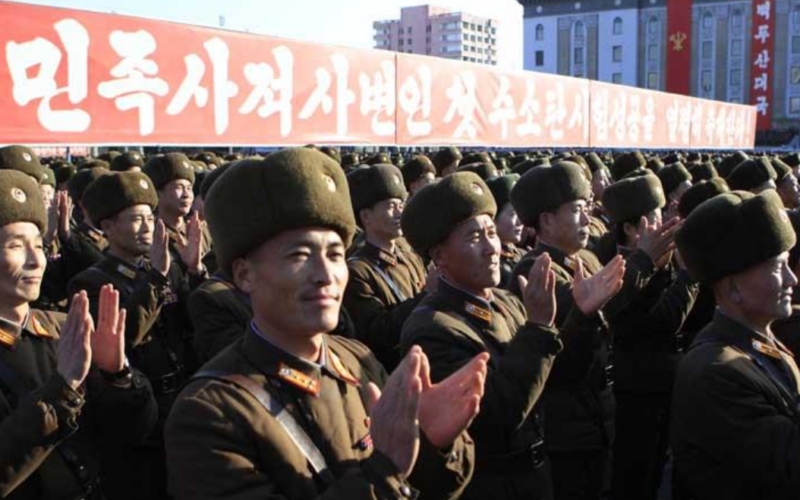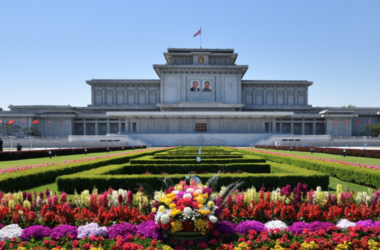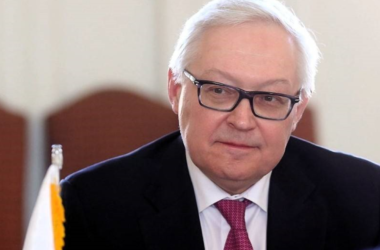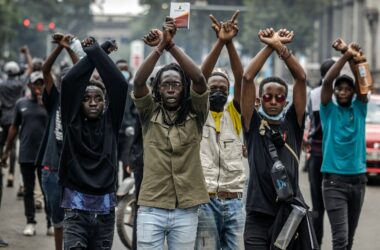In a significant escalation of tensions on the Korean Peninsula, North Korean leader Kim Jong Un has abolished agencies overseeing cooperation and reunification with South Korea. The move comes with explicit warnings of war if any portion of the North’s territory is violated, further complicating already strained inter-Korean relations. This recent development underscores a departure from past diplomatic efforts, with Pyongyang adopting a more aggressive stance, including the rejection of maritime borders and calls for constitutional changes to assert control over Seoul.
North Korea’s rubber-stamp parliament announced the abolition of agencies responsible for overseeing cooperation and reunification with South Korea. This decision is part of a series of measures by Pyongyang, including live-fire artillery drills and missile launches, contributing to heightened tensions. The move signifies a departure from diplomatic norms and follows North Korea’s labeling of South Korea as the “principal enemy.”
During a speech at the Supreme People’s Assembly, Kim Jong Un issued provocative statements challenging the status quo. He emphasized the need for new legal measures designating South Korea as “the most hostile state” and called for constitutional changes to allow the North to “occupy” Seoul in the event of war. Any violation, even by the slightest measure, of North Korean territory is deemed a “war provocation” according to Kim’s stern warning.
Analysts note that Kim Jong Un’s recent shift in approach is a departure from decades of official state policy, particularly the pursuit of reunification as a key goal. The abrupt change in rhetoric and policy is deemed reckless, with Kim rejecting the narratives established by his predecessors. The decision to abolish agencies responsible for dialogue and cooperation indicates a hardline stance that goes against the spirit of past diplomatic efforts.
The recent developments present challenges to diplomatic relations between North and South Korea, both technically still regarding each other as illegal entities. The decision to abolish key agencies responsible for diplomatic dialogue signals a breakdown in communication channels. The aggressive rhetoric and threats of war further complicate the prospect of reconciliation, raising concerns about potential military escalation.
Kim Jong Un’s assertive approach comes at a time when international attention is focused on the Korean Peninsula. The evolving situation poses risks not only for regional stability but also for global security. The unpredictable nature of North Korea’s actions, including missile launches and nuclear threats, demands careful monitoring and diplomatic efforts to prevent further escalation.
As North Korea takes a belligerent stance by abolishing agencies dedicated to cooperation and reunification with South Korea, the region faces heightened tensions. Kim Jong Un’s provocative statements, including threats of war and rejection of established borders, mark a departure from previous diplomatic norms. The international community now grapples with the challenge of navigating a complex and potentially volatile situation on the Korean Peninsula, with diplomatic efforts crucial to preventing further escalation.








